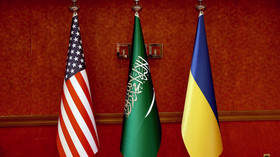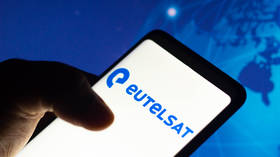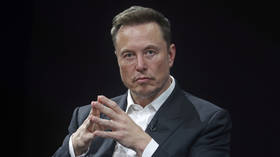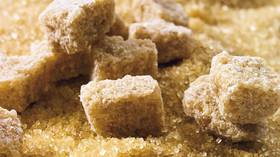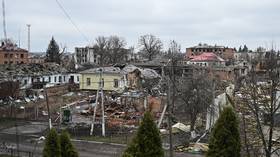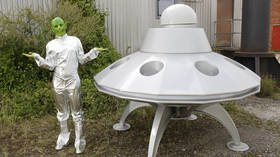‘You misspelled censorship!’ YouTube expands ‘fact checks’ to protect Americans from coronavirus ‘misinformation’
YouTube will now “fact check” US search queries, expanding a feature tried in other countries last year in an effort to eradicate “misinformation” about Covid-19 – but some netizens are seeing hints of Orwell in the project.
The video-sharing giant rolled out the new feature on Tuesday, announcing that its “fact check information panels” will now appear on American searches, in which “authoritative sources” will show up below the search bar to correct claims that YouTube deems suspect.
“We're now using these panels to help address an additional challenge: misinformation that comes up quickly as part of a fast-moving news cycle, where unfounded claims and uncertainty about facts are common,” the platform said in a statement, citing unverified claims that Covid-19 is a “bio-weapon” as an example.
Also on rt.com This scientist suggested a drug to treat Covid-19. 'Fact checkers' branded him fake newsOver a dozen “authoritative” third-party publishers will be in charge of judging content – including FactCheck.org, PolitiFact, the Washington Post Fact Checker, and the Dispatch, a self-described conservative outlet – and will append a “relevant fact check article” to the search panel. According to YouTube, the supposed corrections will only show up “when people search for a specific claim,” rather than for entire topics.
Correction - YouTube censors and silences narratives divergent from their own agenda. All voices matter, your voice is protected. Private industry cannot silence you.
— dadjeans (@dadjeansfit) April 28, 2020
Apparently sensing dystopian undertones in the initiative, some netizens were skeptical of the Google-owned monolith, warning that the new feature would be used to crush any narrative that conflicts with the company’s own narrow agenda.
Big brother will tell you what to think.
— TurtTurtle (@TurtTurtle1) April 28, 2020
With social media firms increasingly relying on automated systems to flag questionable content – particularly as thousands of workers are furloughed amid the coronavirus pandemic – Google itself warned in March that users might see a spike in videos ‘erroneously’ removed for violating policy, raising questions about who (or what) will manage the new fact check panels.
You misspelled censorship.
— lildev (@NSDevo) April 28, 2020
Others wondered just who decides what counts as an ‘authoritative’ source, given that “fact checking” has devolved into a partisan cottage industry, often putting political point-scoring ahead of the capital-T ‘Truth’ the fact checkers claim to uphold.
So they are going to use “third party propagandist” as #Fact checkers? Sounds legit!?!
— 🇺🇸 Frodo CumHo™️ 🗽 (@FCumho) April 28, 2020
“We need someone who is not tainted by politics to fact check the fact checkers,” one user argued.
Trusting YouTube's "Fact checkers" is like trusting Jeffry Epstein to babysit your children. #Youtube
— Christian (@AnarchoFthkr) April 29, 2020
The project is only new to the US, however, with YouTube introducing the same feature in India and Brazil last year. But the two countries' experience with the panels has been less than a shining success, doing little to stem near-endless complaints of “fake news” and disinformation propagating across the Indian and Brazilian parts of the web. Though the initiative has been something of a flop in terms of its own stated goals, YouTube nonetheless intends to pour $1 million into the Google News Initiative to “bolster fact-checking and verification efforts across the world,” hoping to bring similarly ineffective and potentially censorious features to millions of additional users.
Also on rt.com Amazon, Google, and Apple have moved past monopoly status to competing directly with governments… and winningLike this story? Share it with a friend!




